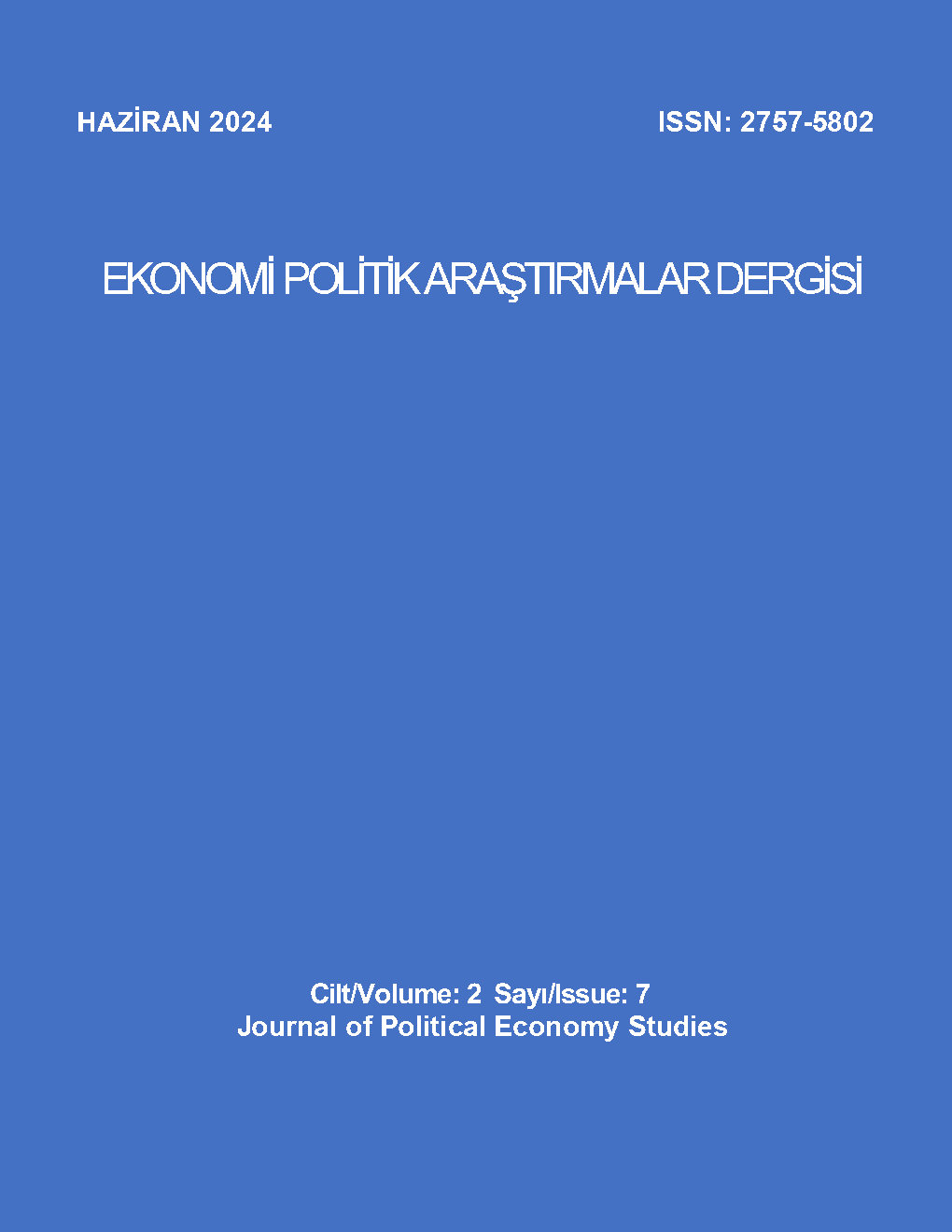Author :
Abstract
Günümüzde sağlık, dünyanın en büyük endişelerinden biridir. Beyin felci, dünya çapında ölümün önde gelen nedenlerinden biridir. Beyin felcinin erken aşamalarda tahmin edilmesi ve tespit edilmesi, tıp alanında değerli bir çalışmadır. Beyin felcinden sorumlu olduğu düşünülen bazı faktörler bulunmaktadır; bunlar arasında BKİ (Vücut Kitle İndeksi), yaş, cinsiyet, aile geçmişi, sigara kullanımı durumu, hipertansiyon vb. yer almaktadır. Sağlık alanında, kalp hastalığının tahmini üzerine çok sayıda araştırma yapılmıştır, ancak beyin felcinin tahmin edilmesi üzerine nispeten az odaklanılmıştır. Bu çalışmanın temel amacı, daha önce yayınlanmış farklı araştırma makalelerini gözden geçirmek ve gelecekteki çalışmalar için beyin felci tahmini konusunda en iyi makine öğrenimi tekniklerini seçmektir. Farklı çalışmaların sonuçlarına göre beyin felcinin önceden tahmini konusunda bazı algoritmalar ön plana çıkmıştır. SVM, Stacking, Decision Tree, Ağırlıklı Oylama, Random Forest, Neural Networks ve Naive Bayes, en sık kullanılan yöntemler arasındadır.
Keywords
Abstract
Today, health is one of the world's greatest concerns. Stroke is a leading cause of death worldwide. The prediction and detection of stroke in its early stages is a valuable study in the field of medicine. There are some factors thought to be responsible for stroke; these include BMI (Body Mass Index), age, gender, family history, smoking status, hypertension, etc. In the health field, numerous studies have been conducted on the prediction of heart disease, but relatively little focus has been placed on the prediction of stroke. The main aim of this study is to review different research articles previously published and to select the best machine learning techniques for the prediction of stroke in future studies. According to the results of different studies, some algorithms have come to the fore in the prediction of stroke in advance. SVM, Stacking, Decision Tree, Weighted Voting, Random Forest, Neural Networks, and Naive Bayes are among the most frequently used methods.





